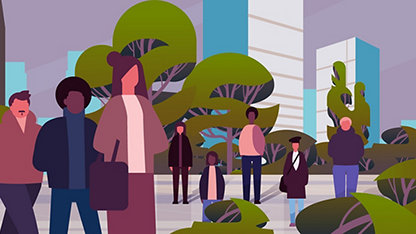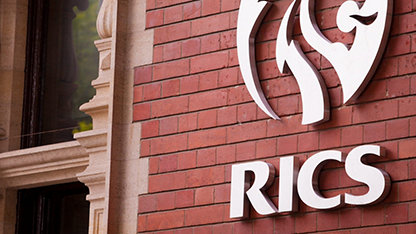T-Levels are new vocational programmes designed with employers to give young people the technical skills that industry needs.
The aim is that students will learn of the core knowledge and practical skills relevant to all occupations in their chosen industry, whilst also developing specialist technical skills relevant to at least one occupation. A T-Level is expected to last around 1,800 hours over two years (including the industry placement of at least 45 days). This is a significant increase over most current technical education programmes. Students who achieve a T-Level will get a certificate recognised nationally by employers which will set out what they have achieved as part of the programme.
A fundamental requirement of all T-Levels is a chosen industry placement, so it is time to start planning how your business can offer a tailored work placement.
RICS has been involved, as part of a collaborative approach with partners from across the construction and built environment, in the design of one of the first T-Levels that will be taught from September 2020 - Design, Surveying and Planning - with the employer panel chaired by Dayle Bayliss FRICS.
Dayle says that, "This truly was a once in a generation opportunity to reform technical education, not just reworking what has been delivered in the past. A collaborative approach where industry was to lead the way in what technical education from 2020 should look and feel like, a partnership for current and future needs in key sectors."
An opportunity for employers to recruit a more diverse workforce
The current education system post-16 is being split between A-levels and everything else. A-levels lead to University and everything else doesn't. Students making choices at 16 about their future are also often seen as being split between those who have a clear vision of where they want to be and those who are unsure. This massively oversimplifies things. There are a great many students being influenced by their peers, parents and teachers about the choices that they take after their GCSEs.
What T-levels offer that is different to other options is a structured 315-hour industrial placement with an employer. The industrial placement is structured and allows the employer to work with the young person and show them the career choices they have across surveying as a profession. Research by The Association of Colleges shows that in 2018/19, 25% of students aged 16-18 were from ethnic minority backgrounds, 46% were female and 23% had a disability. We can assume that these percentages will be reflected in the T-Levels student intake, which will greatly improve the diversity from which employers can recruit.
An increase in the number of employees from diverse backgrounds has been proven to benefit organisations. Research by Amazon on the benefits of a diverse workforce polled 1,000 women working in STEM and found that a 10% increase of women in STEM careers could lead to a £3 billion boost for UK business.











